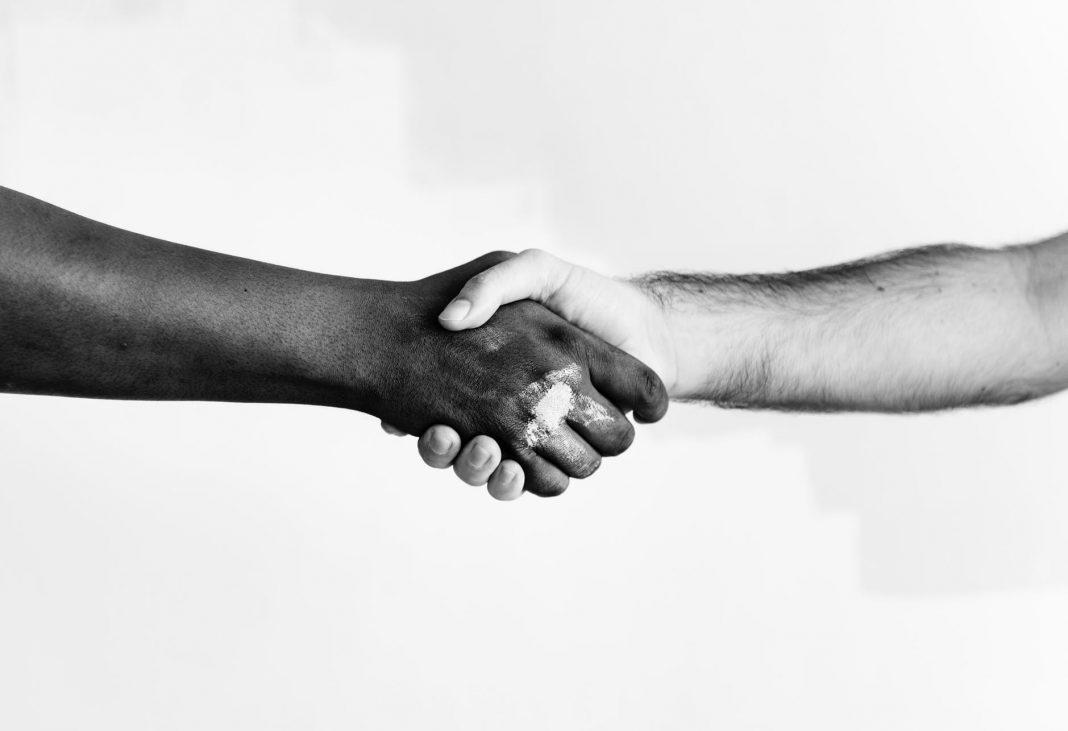 |
|
| January 29, 2000 |
Mom and Dad were divorced before I even turned four, so it didn’t dawn on me they’d even been married until I was a lot older. But, as I grew up, I sometimes lived with one, and other times with the other.
After the divorce, Mom lived in a suburb of Boston, in a neighborhood called the Fulton Heights of Medford, Massachusetts. Back then, the Heights were more than rural but less than suburban. The homes were what we now call single-family dwellings. There were no sidewalks on many of the streets, and it hadn’t been that long since there’d been dirt roads. And almost all the homes had yards kids could play in.
Dad, on the other hand, moved around like a sheepherder and lived in really small towns, usually in southern New Hampshire or Down East Maine, and often on dirt roads in the middle of nowhere. I don’t know what drew him to these places. He was an electro-mechanical engineer and he always needed employment in the city but he chose to live in the country. In those days there weren’t Interstates and even a thirty mile drive was daunting. Dad usually lived at least 50 miles from where he worked.
When I was 10, Mom had already remarried and moved to another part of Medford. It was just a few miles away from the old house, but now she lived in a three-family house packed in among other two- and three-family houses and instead of yards, the kids played in the streets. I was living in the “city” for the first time and I didn’t like it. But this was where she would live for the next 30 years.
Because of that, I right away spent more and more time with Dad. First it was just summers and weekends, but it worked into year-round including school, and I only spent occasional weekends with Mom even though, quite
truthfully, I loved my Mom more.
To live with Dad in the country, I put up with his drinking, temper tantrums, and listening to him beat his wives at night. But during the day, he was usually at work. And when he wasn’t, I escaped to friends farms, or out in the barn, or off into the woods to play. It was his new wife who was trapped, not me.
I even liked the “downtowns” in these small towns. People were friendly and everyone said hello to everyone else. It was the “neighborly” way and I made it the norm in my life. I said hello to everyone–whether I knew him or not. And people there always responded in kind–adults and children. The only people who didn’t say hello were tourists, the town bully, and the town drunks–we had several including Dad.
By the time I was in my late teens, I realized living with Dad wasn’t working out and I went back to live with Mom, in Medford, and got a job in Boston. For the first time I was riding busses, trolleys, and subway trains alone and going into the heart of the city.
But I was still small town and acted small town. I said hello to everybody. “Hello,” to people getting on and off the busses. “Hello,” on the subway trains. “Hello,” on the trolleys. Even to panhandlers I passed on the street. It was a habit. But I also meant it–at first.
You come to realize just how crowded the world is when you try to say hello to each and every person, even if it’s just a small city of three quarters of a million people. If I’d been smarter, I would have taken advantage of my habit and run for political office.
When I spoke to them, a few were pleasantly surprised and returned my greeting. Some were discernibly shocked; some looked at me as if as if I’d just threatened them. But most cast their eyes to the ground; a message for me to leave them alone.
This went on for about a week and saying hello to all those people was wearing me out. There were too many of them.
The only genuinely friendly response I got in all this time was from a well-dressed man of about 40 as I walked through North Station from the trolley stop to the elevator trains. We were going in different directions and, when I said hello, he said hello, and he apparently changed his mind about going on to the trolley and turned around and walked with me to the train.
He asked me my name and got me talking about myself. He seemed to like me and finally he invited me take the day off and come over to his place. But he was a little too friendly for my tastes and it wasn’t until years later that it dawned on me what he really wanted. I never really blamed him–even now. He was just trying to score and must have thought he had a chance. But it gave me insight into why I made so many pretty girls uncomfortable when I truly thought I was just being friendly.
So, after that first week I stopped saying hello. I even stopped making eye contact. I became just like them. It was such a relief not to feel compelled to talk to so many people that I vowed never to say hello to a stranger
again.
That was then. I’m back to it nowadays. I live and work in a little town in southern Oregon–though I notice that even in the small towns people don’t say hello as often as they did when I was a kid. Maybe it’s because a lot of those city folk have moved into the small towns, or maybe it’s because a lot of the small town folks went to the big city and just got worn out like I did.
Or maybe it’s just that things have changed–not like a lot of things like cars, televisions, and even the roads, that seem to have changed for the better. And I wouldn’t call this change progress because I miss that small town friendliness I used to feel, even with folks I barely knew. It made me feel like the world’s a friendly place.
So, next time a perfect stranger says hello, take a closer look. It may be me. And, if it is, there’s nothing to be afraid of. Not even if you’re a pretty girl.















